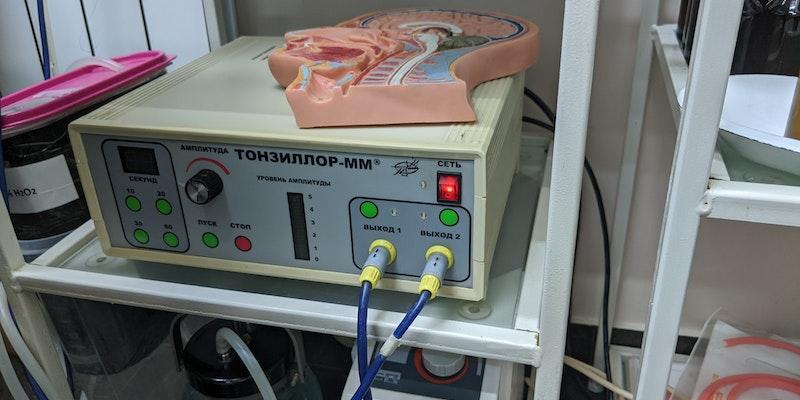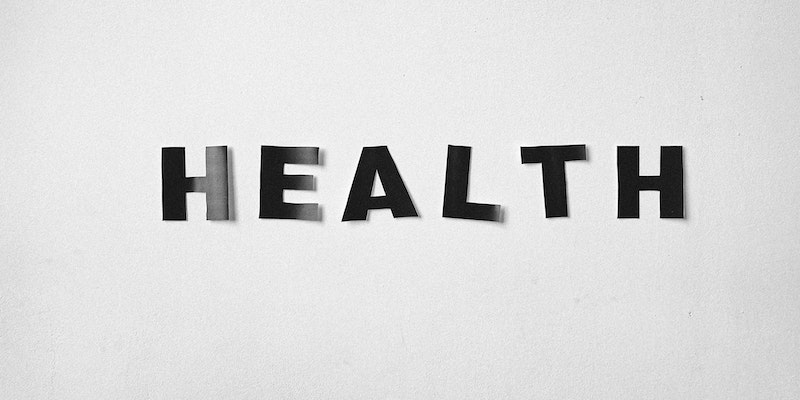Hypothyroidism stands out as a prevalent condition impacting the lives of countless individuals. The inadequate production of thyroid hormone characterizes it. The thyroid gland, a butterfly-shaped organ positioned at the front of your neck, manages vital functions such as metabolism, temperature regulation, and heart rate.
Prevalence and Demographics
Approximately 5% of the U.S. population grapples with hypothyroidism. The condition frequently afflicts those assigned females at birth and those surpassing 60. This ailment manifests through various symptoms, touching aspects like metabolism, skin health, cognitive function, and cardiovascular health.
Metabolic Symptoms of Hypothyroidism
Hypothyroidism disrupts the body's metabolic rate. A properly functioning thyroid plays a pivotal role in how your body uses energy, and when it falters, the following symptoms become apparent:
- Individuals often report gaining weight even though they have yet to change their diet significantly. This weight gain traces back to the body's inability to burn calories efficiently.
- Those suffering from this condition find it increasingly hard to lose weight. Their body resists weight loss efforts due to its reduced metabolism.
- Fatigue becomes a constant companion. People frequently report feeling exhausted, regardless of the hours of rest they get.
- A marked increase in the need for sleep is evident. Even after a whole night's rest, many feel the urge to sleep even more.
- Energy levels drop consistently. Day-to-day tasks that once seemed simple now require more effort and energy.
- A heightened sensitivity to cold is another symptom. Rooms with regular temperatures seem chillier to someone with an underperforming thyroid.
Dermatologic Indications of Hypothyroidism
Your skin, hair, and nails reveal much about your thyroid's health. An underactive thyroid directly impacts dermatological health, leading to:
- Hair becomes fragile and prone to breakage. Instead of being solid and lustrous, the strands weaken and snap easily.
- Hair loss becomes evident. Regular activities such as brushing or washing can lead to more hair fall than usual.
- The skin turns pale and feels unusually cold to the touch. This stems from poor blood circulation caused by reduced metabolic rates.
- Itchy, dry skin becomes a frequent complaint. Moisture retention gets affected, making skin lose its suppleness.
- Nails lose their strength. They turn brittle, chipping, or breaking more easily than before.
- Swelling is joint, especially on the face, hands, and feet. This puffiness is a direct result of fluid retention in the body.
Gastrointestinal Indications
Hypothyroidism affects the digestive system significantly. One primary symptom people report is persistent constipation. This doesn't merely mean infrequent bowel movements; individuals often express discomfort and a feeling that complete evacuation never occurs. This stalling of the digestive system might result from reduced gut motility, a hallmark of an underactive thyroid.
In conjunction with constipation, bacterial accumulation in the intestines becomes noticeable. This overgrowth, often called small intestinal bacterial overgrowth (SIBO), can lead to additional symptoms. People may complain of gas, bloating, and even alternating bouts of diarrhea and constipation.
Next, we witness a general slowdown in digestion. This lag can lead to feelings of fullness, bloating, and occasional heartburn. Heartburn, typically caused by stomach acid's reverse flow into the esophagus, can become more frequent when the digestive process slows. This slowdown can also lead to discomfort in the stomach and chest region, further exacerbating the feeling of bloating.
Neurological Indications

Hypothyroidism doesn't limit its impact on physical symptoms; it extends its reach to the brain. Many individuals find it hard to maintain regular sleep patterns. This is more than just fatigue; it involves inconsistent sleep cycles, waking up frequently during the night, or difficulty falling asleep.
Irritability becomes a common mood among those affected. Simple tasks or discussions might agitate them, impacting daily interactions. Following closely is a noticeable shift towards depressive moods. Depression and hypothyroidism share a complex relationship, often exacerbating the other.
Patients commonly report a noticeable sluggishness in movement and speech. Simple actions require more effort, and speaking becomes more laborious. This slowing down often accompanies cognitive disturbances.
Maintaining focus becomes challenging. Simple tasks might seem overwhelming, and concentrating on a conversation or duty becomes a struggle. Coupled with this is an apparent challenge with memory. Forgetting recent events, misplacing items, or needing help to recall familiar names can become frequent occurrences.
Throat-Related Symptoms
Given the thyroid's location, the neck can exhibit symptoms like:
- Goiter, leading to a visibly swollen neck.
- An enlarged tongue.
- A voice that turns hoarse.
- Challenges in swallowing or breathing if the goiter grows excessively.
Cardiovascular Indications
Hypothyroidism can impinge upon the cardiovascular system:
- Reduced heart rate.
- Elevated blood pressure.
- Fluid accumulation or edema leading to cholesterol escalation.
Symptoms Among Children
While adults, particularly those assigned female at birth, dominate the demographic, children can experience congenital hypothyroidism. In addition to the common symptoms, children might exhibit:
- Stunted growth despite aging.
- Delayed onset of puberty.
- Apparent muscle weakness or diminished muscle tone.
Symptoms Specific to Women
While hypothyroidism doesn't discriminate based on gender, those assigned female at birth may exhibit additional reproductive symptoms:
- Heavy menstrual bleeding.
- Irregular menstrual cycles.
- Challenges in conceiving, hinting at infertility.
- Complications during pregnancy, like elevated blood pressure or premature childbirth.
Distinguishing Hashimoto's vs Hypothyroidism
Hashimoto's is often confused with hypothyroidism. However, Hashimoto's, an autoimmune illness, can cause hypothyroidism by attacking the thyroid. Thus, Hashimoto's can cause hypothyroidism, but not always. Hashimoto's and hypothyroidism must be distinguished for targeted treatment.
Secondary Hypothyroidism
When the pituitary gland doesn't produce enough TSH, secondary hypothyroidism ensues. Secondary hypothyroidism is caused by pituitary gland dysfunction, unlike primary hypothyroidism. Adequate TSH levels trigger thyroid hormone release. Low TSH levels cause thyroid hormone underproduction even with a fully healthy thyroid. The difference between primary and secondary hypothyroidism becomes obvious. Secondary hypothyroidism is rare but essential in thyroid problems, according to experts.
Diagnoses Through The Hypothyroidism Test

Blood tests for TSH levels are used to detect hypothyroidism. They may also test T4 and T3. Rising TSH levels indicate thyroid hormone deficiency. Lower TSH levels in secondary hypothyroidism suggest a pituitary gland dysfunction. The hypothyroidism test distinguishes primary and secondary hypothyroidism and aids in the Hashimoto's vs. hypothyroidism debate. The hypothyroidism test must also search for antibodies to ensure proper diagnosis and therapy, especially in Hashimoto's patients.
Conclusion
Recognizing hypothyroidism is a step toward effective management. With symptoms spanning multiple bodily systems, awareness is crucial. Should you suspect its presence, seek a medical professional's advice and potentially undergo a hypothyroidism test. Prompt detection and treatment pave the way for a healthier life.

Discover the Top 12 Health Benefits of Incorporating Corn into Your Diet
Nov 08, 2023

Optimal Leg Workout Routines for Strength and Muscle Tone
Nov 09, 2023

Six Natural Approaches for Better Health
Nov 03, 2023

The Truth About Silicone Patches: Can They Really Reduce Wrinkles and Scars Overnight?
Sep 14, 2023

Understanding Different Types of Stool and Their Health Implications
Oct 20, 2023

Winter Squash: 12 Compelling Reasons to Relish this Seasonal Delight
Nov 07, 2023

Dialectical Behavior Therapy (DBT): A Beacon for Emotional Regulation
Oct 04, 2023

The Role of a Psychiatrist: Real People Who Heal Minds
Oct 07, 2023



